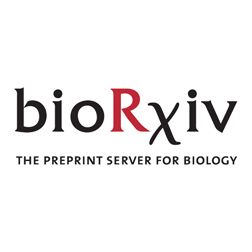Fabian Rivera-Chávez
@fabianrchavez.bsky.social
1.7K followers
420 following
11 posts
Assistant Professor in the Departments of Pediatrics & Molecular Biology at UC San Diego. Interested in host-microbe biology, bacterial toxins, and metabolism.
Posts
Media
Videos
Starter Packs
Reposted by Fabian Rivera-Chávez
Reposted by Fabian Rivera-Chávez
Reposted by Fabian Rivera-Chávez
Andreas Bäumler
@abaumler.bsky.social
· Jan 25
Reposted by Fabian Rivera-Chávez
Reposted by Fabian Rivera-Chávez
Jeremy Berg
@jeremymberg.bsky.social
· Jan 28
Reposted by Fabian Rivera-Chávez
Reposted by Fabian Rivera-Chávez
Reposted by Fabian Rivera-Chávez
Andreas Bäumler
@abaumler.bsky.social
· Dec 4
Reposted by Fabian Rivera-Chávez
Reposted by Fabian Rivera-Chávez
Heran Darwin, PhD
@heran.bsky.social
· Nov 19
Reposted by Fabian Rivera-Chávez






